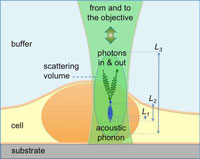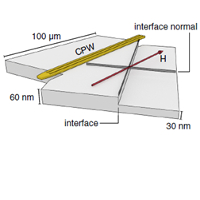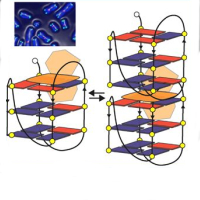Biological Systems
The Molecular Modeling of Biological systems research line mainly focuses in understanding the molecular principles at the basis of the onset of major human diseases and to the rational design of drugs that can interfere with these mechanisms. The idea behind our research is to exploit the rapid development of algorithms and computer power to investigate issues related to the action of drugs and the molecular mechanism of complex biological molecules.
These studies rely on the use and development of protocols based on state-of-the-art computational methods such as hybrid quantum-classical (QM/MM) molecular dynamics (MD) simulations; classical all-atom explicit solvent MD simulations, in combination with advanced sampling techniques to simulate rare events. The integrated use of these computational techniques allows focusing deeply in the fundamental aspects of the mechanism of complex biological phenomena, which cannot be fully addressed by experimental techniques.
These studies allow interpreting experimental data, providing an explanation of complex biological phenomena at microscopic level. The employment of bioinformatics tools allows to identify mechanisms and facets common across biological families. In the field of drug design, computational methods can play an important role in pinpointing the relevant features and mechanisms that determine the action of a drug. They might be a key component of a more extended screening process that should results in the design of more efficient drugs with reduced side effects.
- The main research topics concern:
- Enzymatic catalysis
- Transport across membranes (antibiotics and nutrients)
- Drug/Protein/nucleic acids interactions
- Design of antimicrobial peptides
- Structure function relationships in biomolecules
- Computational drug design








